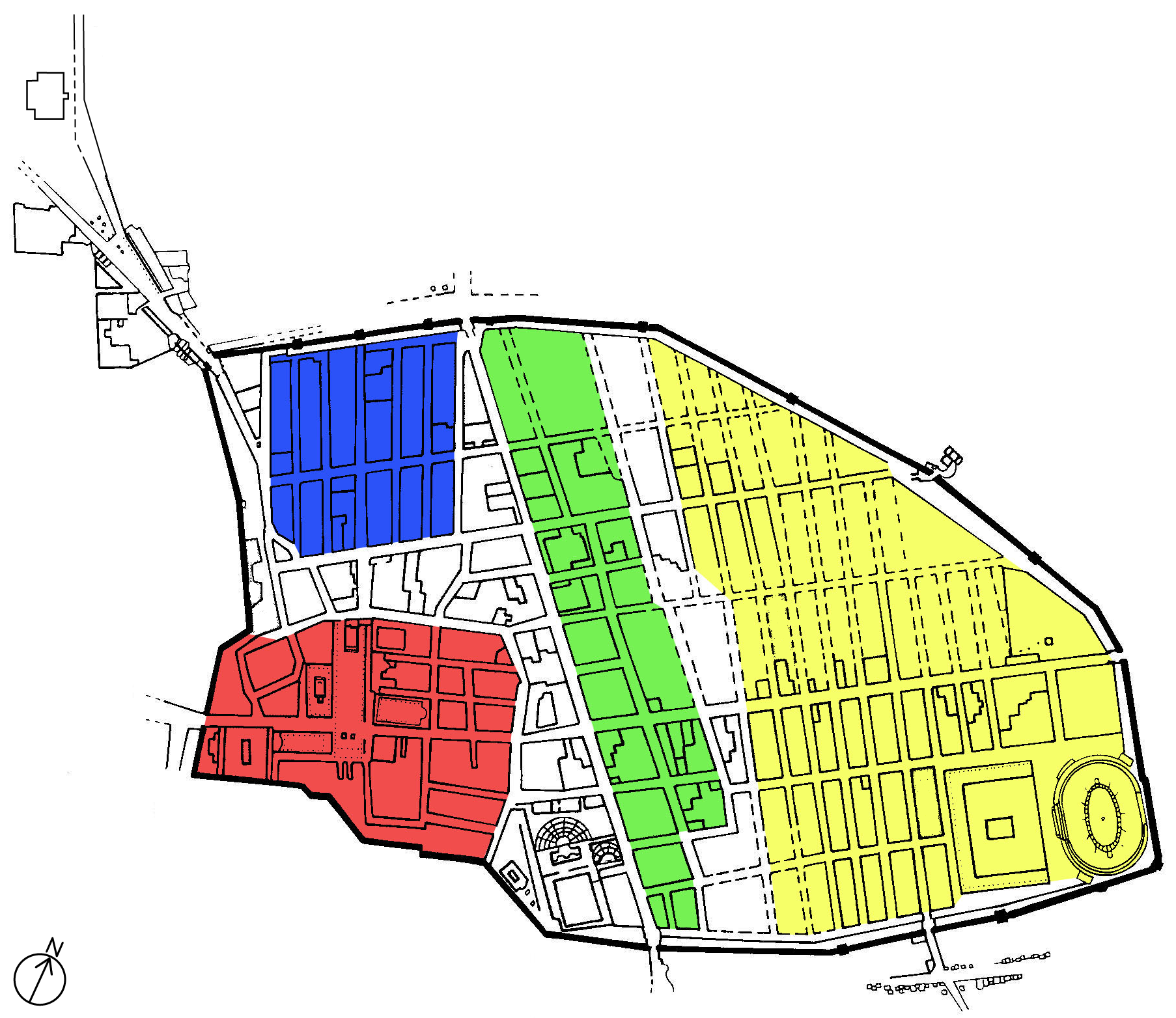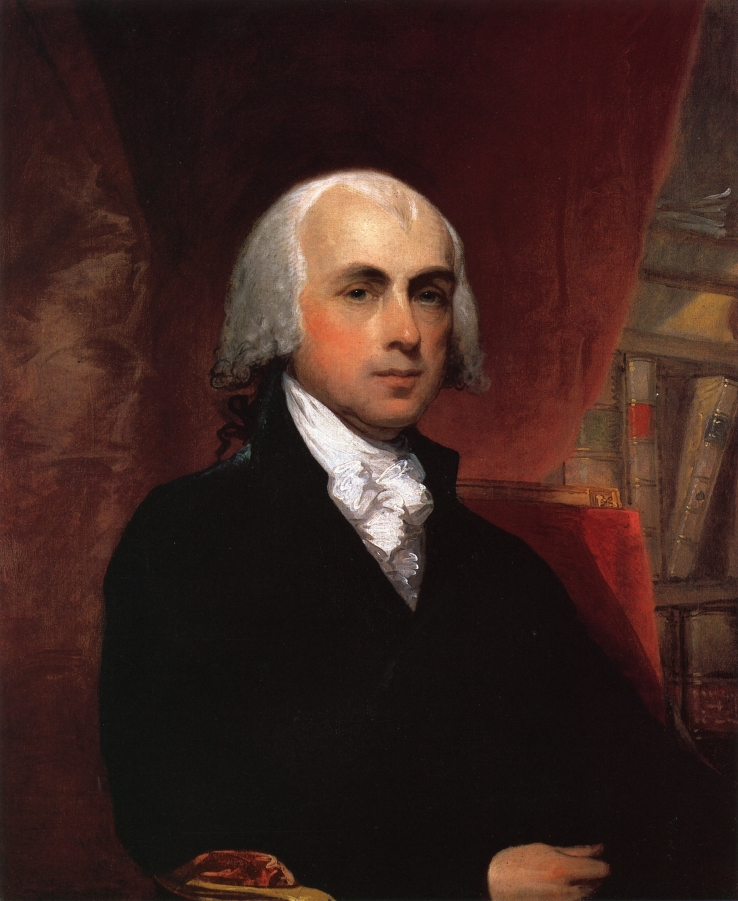|
Gaetano D'Ancora
Gaetano d'Ancora (8 October 1751 – 7 March 1816) was an Italian classical scholar and archeologist, active near Naples. Biography Gaetano was born in Naples and studied in Naples under Martorelli, Santoro and Campolongo. By age 18, he was teaching classical languages at the military academy in Naples. He became professor of Greek language at the University of Naples in 1799. He was well connected to other scholars across Europe and Italy. He is best known for his treatises on the excavations at Pompeii and Herculaneum. In 1794 he published a translation o''Xenocratis De Alimento ex aquatilibus''by Xenocrates. Volume 1, compiled by Gioacchino Maria Olivier-Poli, Naples (1824); page 58-59. Works *''Memoria per l'Accademia etrusca di Cortona sulla osservanza degli antichi pel si ...[...More Info...] [...Related Items...] OR: [Wikipedia] [Google] [Baidu] |
Naples
Naples ( ; ; ) is the Regions of Italy, regional capital of Campania and the third-largest city of Italy, after Rome and Milan, with a population of 908,082 within the city's administrative limits as of 2025, while its Metropolitan City of Naples, province-level municipality is the third most populous Metropolitan cities of Italy, metropolitan city in Italy with a population of 2,958,410 residents, and the List of urban areas in the European Union, eighth most populous in the European Union. Naples metropolitan area, Its metropolitan area stretches beyond the boundaries of the city wall for approximately . Naples also plays a key role in international diplomacy, since it is home to NATO's Allied Joint Force Command Naples and the Parliamentary Assembly of the Mediterranean. Founded by Greeks in the 1st millennium BC, first millennium BC, Naples is one of the oldest continuously inhabited urban areas in the world. In the eighth century BC, a colony known as Parthenope () was e ... [...More Info...] [...Related Items...] OR: [Wikipedia] [Google] [Baidu] |
University Of Naples
The University of Naples Federico II (; , ) is a public university, public research university in Naples, Campania, Italy. Established in 1224 and named after its founder, Frederick II, Holy Roman Emperor, Frederick II, it is the oldest public, secular, non-sectarian or state-funded university in the world, and one of the List of oldest universities in continuous operation, world's ten oldest universities in continuous operation. It was Europe's first university dedicated to training secular administrative staff, and is one of the world's oldest academic institutions in continuous operation. With over 90,000 students (2022) it is among the largest universities in Europe, long the only state university in Naples, until the establishment of the University of Campania Luigi Vanvitelli in 1991, formerly ''Seconda Università di Napoli.'' The motto of the University is ''Ad scientiarum haustum et seminarium doctrinarum'', taken from the circular letter of Frederick II. Over the course ... [...More Info...] [...Related Items...] OR: [Wikipedia] [Google] [Baidu] |
Pompeii
Pompeii ( ; ) was a city in what is now the municipality of Pompei, near Naples, in the Campania region of Italy. Along with Herculaneum, Stabiae, and Villa Boscoreale, many surrounding villas, the city was buried under of volcanic ash and pumice in the eruption of Mount Vesuvius in 79 AD. Largely preserved under the ash, Pompeii offers a unique snapshot of Culture of ancient Rome, Roman life, frozen at the moment it was buried, as well as insight into ancient urban planning. It was a wealthy town of 10,000 to 20,000 residents at the time it was destroyed. It hosted many fine public buildings and luxurious private houses with lavish decorations, furnishings and artworks, which were the main attractions for early excavators; subsequent excavations have found hundreds of private homes and businesses reflecting various architectural styles and social classes, as well as numerous public buildings. Organic remains, including wooden objects and human bodies, were interred in the as ... [...More Info...] [...Related Items...] OR: [Wikipedia] [Google] [Baidu] |
Herculaneum
Herculaneum is an ancient Rome, ancient Roman town located in the modern-day ''comune'' of Ercolano, Campania, Italy. Herculaneum was buried under a massive pyroclastic flow in the eruption of Mount Vesuvius in 79 AD. Like the nearby city of Pompeii, Herculaneum is famous as one of the few ancient cities to be preserved nearly intact, as the solidified material from the volcano that blanketed the town protected it against looting and the elements. Although less known than Pompeii today, it was the first and, for a long time, the only discovered Vesuvian city (in 1709). Pompeii was revealed in 1748 and identified in 1763. Unlike Pompeii, the mainly Pyroclastic rock, pyroclastic material that covered Herculaneum carbonization, carbonized and preserved more wooden objects such as roofs, beds, and doors, as well as other organic-based materials such as Herculaneum loaf, food and papyrus. According to the traditional tale, the city was rediscovered by chance in 1709 during the dri ... [...More Info...] [...Related Items...] OR: [Wikipedia] [Google] [Baidu] |
Xenocrates
Xenocrates (; ; c. 396/5314/3 BC) of Chalcedon was a Greek philosopher, mathematician, and leader ( scholarch) of the Platonic Academy from 339/8 to 314/3 BC. His teachings followed those of Plato, which he attempted to define more closely, often with mathematical elements. He distinguished three forms of being: the sensible, the intelligible, and a third compounded of the two, to which correspond respectively, sense, intellect and opinion. He considered unity and duality to be gods which rule the universe, and the soul a self-moving number. God pervades all things, and there are daemonical powers, intermediate between the divine and the mortal, which consist in conditions of the soul. He held that mathematical objects and the Platonic Ideas are identical, unlike Plato who distinguished them. In ethics, he taught that virtue produces happiness, but external goods can minister to it and enable it to effect its purpose. Life Xenocrates was a native of Chalcedon. By the most ... [...More Info...] [...Related Items...] OR: [Wikipedia] [Google] [Baidu] |
1751 Births
In Britain and its colonies (except Scotland), 1751 only had 282 days due to the Calendar (New Style) Act 1750, which ended the year on 31 December (rather than nearly three months later according to its previous rule). Events January–March * January 1 – As the Province of Georgia undergoes the transition from a trustee-operated territory to a Crown colony, the prohibition against slavery is lifted by the Trustees for the Establishment of the Colony of Georgia in America. At the time, the Black population of Georgia is approximately 400 people, who had been kept in slavery in violation of the law. By 1790, the enslaved population of Georgia increases to over 29,000 and to 462,000 by 1860. * January 7 – The University of Pennsylvania, conceived 12 years earlier by Benjamin Franklin and its other trustees to provide non-denominational higher education "to train young people for leadership in business, government and public service". rather than for t ... [...More Info...] [...Related Items...] OR: [Wikipedia] [Google] [Baidu] |
1816 Deaths
This year was known as the '' Year Without a Summer'', because of low temperatures in the Northern Hemisphere, possibly the result of the 1815 eruption of Mount Tambora in Indonesia, causing severe global cooling, catastrophic in some locations. Events January–March * January 6 – (December 25, 1815 on the Russian Julian calendar): Tsar Alexander I of Russia signs an order, expelling the Jesuits from St. Petersburg and Moscow. * January 9 – **Sir Humphry Davy's Davy lamp is first tested underground as a coal mining safety lamp, at Hebburn Colliery in northeast England; **Ludwig van Beethoven wins the custody battle for his nephew Karl. * January 17 – Fire nearly destroys the city of St. John's, Newfoundland. * February 10 – Friedrich Karl Ludwig, Duke of Schleswig-Holstein-Sonderburg-Beck, dies and is succeeded by Friedrich Wilhelm, his son and founder of the House of Glücksburg. * February 20 – Gioachino Rossini's opera buffa ''The Barber of Sevi ... [...More Info...] [...Related Items...] OR: [Wikipedia] [Google] [Baidu] |
18th-century Italian Writers
The 18th century lasted from 1 January 1701 (represented by the Roman numerals MDCCI) to 31 December 1800 (MDCCC). During the 18th century, elements of Enlightenment thinking culminated in the Atlantic Revolutions. Revolutions began to challenge the legitimacy of monarchical and aristocratic power structures. The Industrial Revolution began mid-century, leading to radical changes in human society and the environment. The European colonization of the Americas and other parts of the world intensified and associated mass migrations of people grew in size as part of the Age of Sail. During the century, slave trading expanded across the shores of the Atlantic Ocean, while declining in Russia and China. Western historians have occasionally defined the 18th century otherwise for the purposes of their work. For example, the "short" 18th century may be defined as 1715–1789, denoting the period of time between the death of Louis XIV of France and the start of the French Revol ... [...More Info...] [...Related Items...] OR: [Wikipedia] [Google] [Baidu] |
18th-century Italian Male Writers
The 18th century lasted from 1 January 1701 (represented by the Roman numerals MDCCI) to 31 December 1800 (MDCCC). During the 18th century, elements of Enlightenment thinking culminated in the Atlantic Revolutions. Revolutions began to challenge the legitimacy of monarchical and aristocratic power structures. The Industrial Revolution began mid-century, leading to radical changes in human society and the environment. The European colonization of the Americas and other parts of the world intensified and associated mass migrations of people grew in size as part of the Age of Sail. During the century, slave trading expanded across the shores of the Atlantic Ocean, while declining in Russia and China. Western historians have occasionally defined the 18th century otherwise for the purposes of their work. For example, the "short" 18th century may be defined as 1715–1789, denoting the period of time between the death of Louis XIV of France and the start of the French Revolution ... [...More Info...] [...Related Items...] OR: [Wikipedia] [Google] [Baidu] |
19th-century Italian Writers
The 19th century began on 1 January 1801 (represented by the Roman numerals MDCCCI), and ended on 31 December 1900 (MCM). It was the 9th century of the 2nd millennium. It was characterized by vast social upheaval. Slavery was abolished in much of Europe and the Americas. The First Industrial Revolution, though it began in the late 18th century, expanded beyond its British homeland for the first time during the 19th century, particularly remaking the economies and societies of the Low Countries, France, the Rhineland, Northern Italy, and the Northeastern United States. A few decades later, the Second Industrial Revolution led to ever more massive urbanization and much higher levels of productivity, profit, and prosperity, a pattern that continued into the 20th century. The Catholic Church, in response to the growing influence and power of modernism, secularism and materialism, formed the First Vatican Council in the late 19th century to deal with such problems and confirm ce ... [...More Info...] [...Related Items...] OR: [Wikipedia] [Google] [Baidu] |
Italian Archaeologists
Italian(s) may refer to: * Anything of, from, or related to the people of Italy over the centuries ** Italians, a Romance ethnic group related to or simply a citizen of the Italian Republic or Italian Kingdom ** Italian language, a Romance language *** Regional Italian, regional variants of the Italian language ** Languages of Italy, languages and dialects spoken in Italy ** Italian culture, cultural features of Italy ** Italian cuisine, traditional foods ** Folklore of Italy, the folklore and urban legends of Italy ** Mythology of Italy, traditional religion and beliefs Other uses * Italian dressing, a vinaigrette-type salad dressing or marination * Italian or Italian-A, alternative names for the Ping-Pong virus, an extinct computer virus * ''Italien'' (magazine), pro-Fascist magazine in Germany between 1927 and 1944 See also * * * Italia (other) * Italic (other) * Italo (other) * The Italian (other) * Italian people (other) Italian ... [...More Info...] [...Related Items...] OR: [Wikipedia] [Google] [Baidu] |







